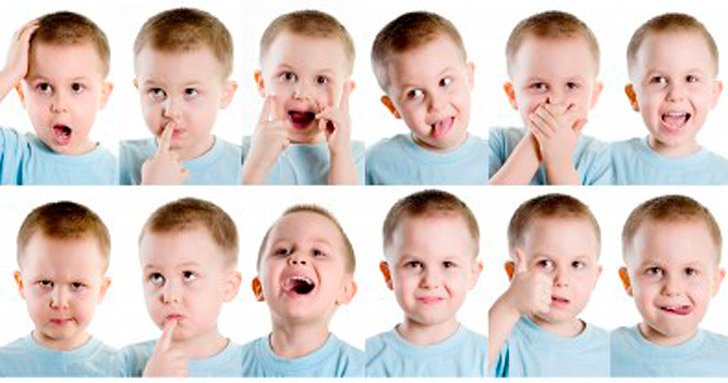Teaching and education should seek the child's learning and development. But it is not always easy to get this learning to occur. It is important to know the keys of the educational process, to know the mechanisms on which learning and development are based, in order to improve our educational work and our teaching. The latest advances in neuroscience show that the key to education is emotion. Emotion has a huge force and can boost or slow development and learning.
In these learning spaces, in the classroom, outside the classroom or virtual, the generation of emotions through sensory experiences becomes vital, therefore experiential training takes on great importance and allows us a greater impact on the attendees and their environments, thus amplifying the relevance of the management of the transfer of learning.

source
People are emotional beings, we can not separate ourselves from our emotions. The emotion accompanies all our performance, is part of us. The emotional state of each moment determines our way of proceeding at that moment. Our emotions affect mental processes that support learning as: perception, attention, motivation, concentration, understanding, etc. Therefore emotion will determine the learning of children, education is developed through emotion.
- The positive emotions that accompany welfare states will boost learning.
- The joy, the calm, the love, the illusion, the security prepare us to concentrate and awaken our motivation.
- Surprise arouses curiosity and interest.
- People remember better and process better what we learned accompanied by a pleasant feeling of well-being. That's why we tend to remember songs, or details of something that happened on a special day.

source
From this perspective, emotions are an important factor when interpreting human behavior, influencing strongly to regulate the activity and behavior of the human being since depending on the type of emotion in which the human being is, it will be the type of action that can perform.
- Negative emotions that are accompanied by states of discomfort will slow down and hinder learning.
- Sadness, hatred, insecurity, stress, hinder learning because they prevent us from concentrating and limit our mental processes.
- Boredom and shame are great obstacles to motivation and interest.
- We have all experienced at some time how the problems and discomfort that cause us prevent us from concentrating and make it difficult for us to learn.
Education must be accompanied by emotion. Emotion is inseparable from the educator and the educated. Emotion therefore directs educational processes, without us realizing it. It is very important to know how emotion affects learning and education and turn our experiences of education into experiences of emotion.
- Develop your emotional intelligence: Being able to know your own emotional states and be able to handle them to successfully perform the work of educating is essential.
- Create a positive climate: As an ideal environment for the emergence of positive emotions.
- Avoid creating discomfort in the child: Sadness, shame, anger, anger, are negative emotions that interfere with learning, slowing it down.
- Use surprise as a motivating element par excellence.
- Dedicates each day a time to delude, to create affection with children.
- Take care to excite the child every day: To educate through emotion we must excite the little ones.

Educación es enseñanza aprendizaje, se inicia en el hogar con el nacimiento del ser emisor-receptor y continua en el aula hasta el infinito, es aprehender. saludos
Emotions are factors that affect learning.
We must teach them to have positive emotions as much as possible. :)